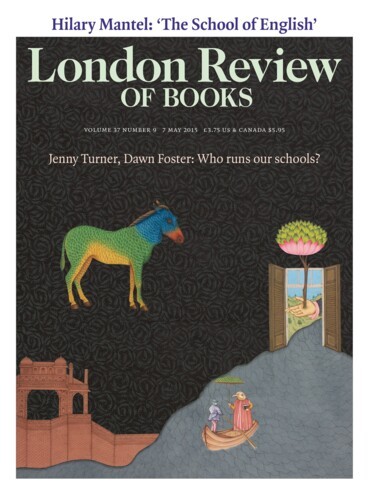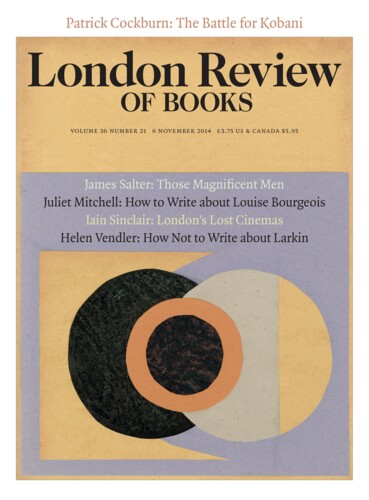Great Kings, Strong Kings, Kings of the Four Quarters: The Achaemenids
Peter Green, 7 May 2015
In the early sixth century bce the Persians occupied a small region known as Parsa (Persis to the Greeks), now Fars, in south-west Iran. They were allies, perhaps subordinate allies, of the Medes, and had no apparent ambition for greater power. Yet under Cyrus II (559-30) they conquered Lydia, Ionia, Media and Babylonia – most of what today is known as the Near and Middle East...





